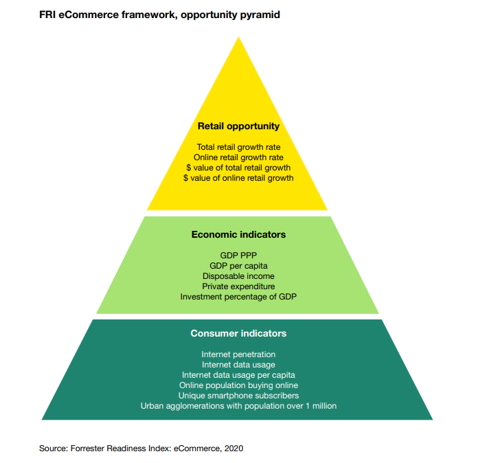
Dive Brief:
-
Starting Tuesday, through April 5, Amazon has suspended the intake of most products from U.S. and European Union Marketplace sellers into its fulfillment centers, according to a notice to those third parties. The e-commerce giant is temporarily “prioritizing household staples, medical supplies and other high-demand products coming into our fulfillment centers so that we can more quickly receive, restock, and ship these products to customers,” according to its notice.
-
The company said it has a similar policy for the wholesale vendors for its first-party site. Sellers can “sell non-household staples or medical supplies through merchant-fulfilled channels,” just not through the company’s Fulfillment by Amazon program, which taps into its Prime one- and two-day shipping.
-
The policy potentially affects more than half of Amazon’s sellers, according to data from Amazon seller platform Jungle Scout, which supports more than 250,000 Marketplace sellers representing more than $1 billion of Amazon revenue. Third-party Marketplace participants sell well more than half of the merchandise sold on Amazon.
Dive Insight:
This unusual move on Amazon’s part demonstrates that the fallout of the COVID-19 outbreak, which is leading retailers to shutter stores for at least the next couple of weeks, is not limited to brick and mortar.
The categories of the allowed items include baby products, health and household, beauty and personal care (“including personal care appliances”), grocery, industrial and scientific, and pet supplies, per the notice. “Listing products in an inaccurate category is a violation of our listing policies and may result in account suspension,” Amazon warned.
Nearly all Marketplace sellers sell through Amazon’s FBA program, “and only select sellers sell in the currently allowed categories,” Amazon seller Dave Hamrick wrote in a Jungle Scout blog post. That is leaving many sellers worried about the future their business, he also said. Several have asked Amazon to suspend payments for loans through the seller program, seller fees and other costs of selling through the Marketplace, he said.
Amazon didn’t immediately respond to Retail Dive’s inquiry about any relief for sellers that could be impacted by the new, if temporary limits. Sellers can continue to sell items outside of the approved categories without using Amazon’s FBA program, according to Amazon’s notice.
Third-party brands can be ready for when the limitations are lifted, and in the meantime focus on fulfilling their own orders, according to Eric Kauss, director of Marketplace operations at marketing agency Tinuiti. He urged sellers not to “overreact,” according to a Tinuiti blog post.
Fulfillment by Amazon, where sellers send their wares to Amazon’s warehouse for Amazon to store and ship, allows sellers to take advantage of the e-commerce giant’s Prime program. That delivery includes one-day shipping on many items, and two-day shipping on most others. The move shows, as Hamrick notes, just how much Marketplace sellers are at Amazon’s mercy.
Last year the e-commerce giant worked to move many smaller vendors onto the Marketplace, which gives Amazon greater control over some aspects of their operations, as this week’s move indicates. Many vendors find they gain bigger margins and greater insights into their customers as Marketplace sellers rather than wholesalers, however.

